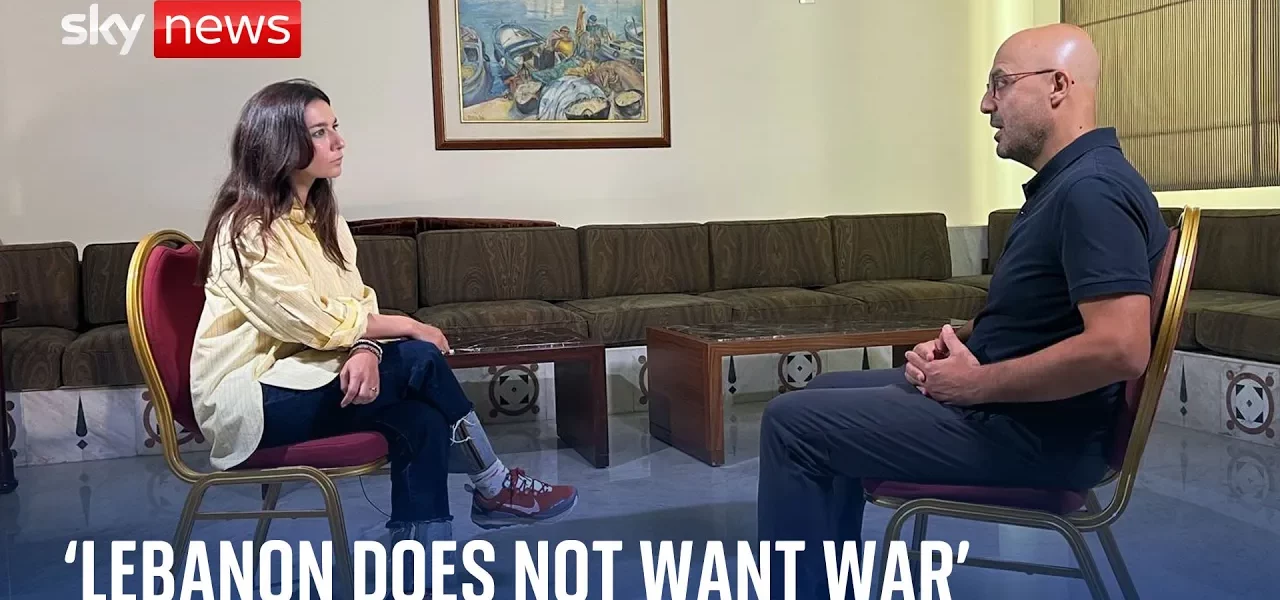Assessing the Humanitarian Crisis in Lebanon Amidst Ongoing Conflict

This article provides a comprehensive overview of the escalating humanitarian situation in Lebanon following intensified aggression by Israeli forces, the resulting mass displacement, and the government and international response to this crisis.
Introduction
The current humanitarian crisis in Lebanon has reached alarming levels, especially since the recent escalation of violence that began on Monday. With the death toll rising and tens of thousands of people displaced, the situation is evolving rapidly and requires urgent attention. This article explores the key developments, the evolving humanitarian response, and the implications for Lebanon’s future amid this complex emergency.
The Current Situation
Since Monday, the situation in Lebanon has deteriorated significantly due to intensified aggression by Israeli forces. This has led to a mass exodus of families seeking safety, with an estimated 250,000 people displaced in just 72 hours. The impact on Lebanon, a small country already grappling with multiple crises, is profound.
Details of Displacement
- Approximately 73,000 individuals have moved to collective shelters.
- The rapid displacement has strained local resources and services.
- Schools have been transformed into makeshift shelters to accommodate the influx of people.
Challenges Faced
The sheer scale of displacement is unprecedented. Local authorities and humanitarian organizations are struggling to provide adequate resources, including food, water, and shelter. The situation is compounded by ongoing financial and political crises in Lebanon, which further limit the capacity to respond effectively.
Humanitarian Response Efforts
The Lebanese government, in collaboration with UN agencies and non-governmental organizations (NGOs), is working to address the urgent needs of the displaced population. Immediate actions have included the establishment of response mechanisms to provide assistance.
Key Initiatives
- Transformation of public schools into collective shelters.
- Collaboration with local governors and grassroots organizations to mobilize resources.
- Launch of a flash appeal for international support through UN channels.
Critical Needs
The most pressing needs identified include:
- Safe shelter for displaced families.
- Food and non-food items, including mattresses and blankets.
- Access to clean water and sanitation facilities.
International Community’s Role
The response from the international community has been pivotal. However, the urgency of the situation demands immediate and substantial action. Humanitarian organizations are calling for greater international support to alleviate the suffering of those affected.
Current Support Mechanisms
Support is being coordinated through various UN agencies, including:
- United Nations Office for the Coordination of Humanitarian Affairs (OCHA)
- UNICEF for child protection and welfare
- World Food Programme (WFP) for food security
Challenges in Securing Aid
Despite ongoing efforts, there are significant challenges in securing aid. These include:
- Bureaucratic hurdles in international aid distribution.
- Political tensions affecting the flow of resources.
- Increased hostility and violence impacting humanitarian operations.
Public Sentiment and Government Accountability
Amidst the crisis, public sentiment towards the government has been fraught with frustration and anger. Many displaced individuals have expressed their grievances regarding the lack of timely support and shelter, raising questions about governmental accountability.
Community Responses
Local communities have rallied to support those affected, often filling gaps left by the government and external agencies. This grassroots response has been crucial in providing immediate relief.
Expectations from the Government
Citizens expect their government to:
- Act swiftly to provide safety and shelter.
- Engage with international bodies to secure necessary aid.
- Address the root causes of the conflict and work towards a sustainable resolution.
Conclusion
The humanitarian crisis in Lebanon is escalating at an alarming rate, necessitating urgent action from both local authorities and the international community. As the situation develops, it is critical to prioritize the protection of vulnerable populations and to ensure that aid reaches those in need. The world must not turn a blind eye to the suffering in Lebanon, and collective efforts are essential to bring about an end to the violence and a resolution to the underlying issues.
For more information and updates on how to help, please visit our [related articles](#) on humanitarian efforts and international responses.
“`




